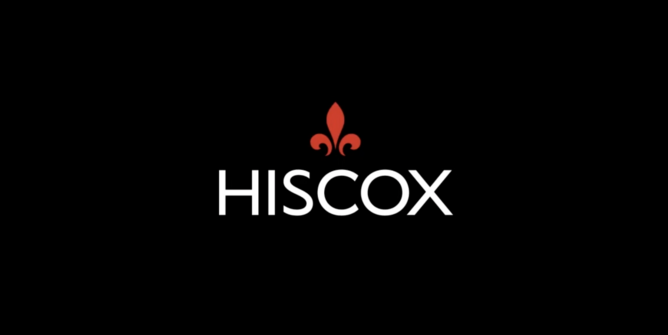5 Minutes With: Karl Poulsen, CPO of Hiscox Insurance

Please begin by introducing yourself and your role
My name is Karl Poulsen and I’m Chief Procurement Officer at Hiscox insurance. My job is to ensure that we get the best commercial value out of third-party spend.
How did you come to your current role?
I’ve been in and around procurement roles for nearly eighteen years, and have worked in everything from banking to pensions and life insurance. I’ve really been focused in that area of financial services. The opportunity for Hiscox came about eighteen months ago, when the Executive of the company started to recognise that our business units were buying in silos, and they needed to unify and integrate disparate aspects of its operations to grow value. Hiscox has been on its procurement transformation journey ever since.
For those that don’t know, what exactly is specialist insurance, and how does it relate to procurement?
We are a collection of separate business units which grew out of a London market presence. We deal in wholesale big ticket items, as well as having three retail businesses, across the UK, Europe and North America. One of our sweet spots is in the Small to Medium Enterprises sector and professional services, we cover everything from prestige cars, to fine arts insurance..
From a procurement perspective, it means that we have multiple stakeholders who have different needs and specifications, and our role involves absorbing and concentrating that spend to maximise our value in the market.
As an operational excellence specialist, what would you say are the most important aspects of OE?
As far as supply chain is concerned, operational excellence it's about understanding where you're generating failure demand. In this industry, the truth is that you're always fixing things, because people price potential losses into the deal. This is why I'm excited about our work with Ivalua because using their systems will mean that we won't be simply going around chasing and fixing. Through their ecosystem it means that the quality of the job improves as it allows for systemising processes like guided buying, purchase orders, service receipts, automated invoices and the like. This also means that we can be a more efficient customer for our suppliers, so through the Ivalua system, we will be able to improve their processes.
What advice would you give to organisations in terms of their transformation journeys?
Spend time understanding what it is that you need to improve now. Ask yourself what you are trying to fix. Sometimes the problems are obvious and simple. But once you’ve identified the issues, you then need to figure out what it is that’s underpinning them, and identify the demonstrable data sets that go with it. This can be really difficult, because if you don’t have a system already in place then how are you measuring it?
Don’t try and run before you can walk.
I think that with supply chain transformation in particular, there is a massive cultural component, often it is behaviours that need to change. Also, transformations never go exactly to plan, but you need to keep faith that it will get there. For it to work though, you have to take people with you. You need to be providing a seamless colleague experience, and then your business case will follow through.
Are there any changes that you’ve noticed in the Insurance world that we need to be aware of?
It’s incredibly dynamic. So it's about how people interact. From a supply chain perspective, there is a big change around increasing regulation. It can be specific to financial services and ESG has a massive part to play
With technology, if we can get it to substantiate things such as carbon emissions, slavery etc. we can make it really meaningful. Nobody wants to be on the wrong side of the regulator, and it’s important that we act not just to the letter of the law, but to the spirit of the law, and a transformation journey can be important to be able to facilitate that.
What does the future of procurement look like in your industry?
I think it'll look more around value as a whole. Ten years ago, what we meant by value was all about cost and service. Now that we are on a massive ESG journey, the meaning of value, and what we are beginning to value is changing. Of course, cost considerations will be an absolute given, but wider stakeholder groups will come into play, such as individual suppliers and their supply chain journeys.
What’s the one message that you’d like our audience to know today?
This one’s easy. As a profession, we are able to deliver what they need...







